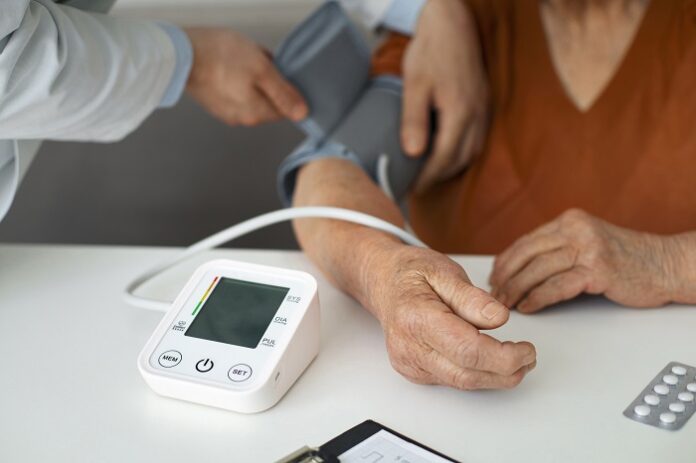The Indian Pharmacopoeia Commission (IPC) has issued a drug safety alert for December, cautioning healthcare professionals about the potential for beta-blockers—metoprolol, propranolol, and atenolol—to cause hypokalaemia, an adverse drug reaction (ADR) characterized by low potassium levels in the blood.
As reported by medicaldialogues, the alert follows a preliminary analysis of adverse drug reactions reported in the Pharmacovigilance Programme of India (PvPI) database. Hypokalaemia can disrupt muscle and nerve function, particularly in the heart, making it a critical condition to monitor.
Beta-Blockers and Their Indications
Beta-blockers are widely used medications for managing cardiovascular conditions. They work by blocking adrenergic beta receptors, reducing the effects of adrenaline and noradrenaline to protect the heart and regulate blood pressure.
- Metoprolol is used for hypertension, angina, cardiac arrhythmias, and as a preventive treatment post-myocardial infarction.
- Propranolol, a non-selective beta-blocker, treats arrhythmias, hypertension, migraines, and conditions like pheochromocytoma.
- Atenolol, a beta-1 selective blocker, is prescribed for hypertension, chronic angina, and to reduce mortality in myocardial infarction patients.
Call for Vigilance
The IPC has urged healthcare providers to carefully monitor patients prescribed these medications for signs of hypokalaemia and to report any suspected ADRs. Patients and consumers are also advised to stay alert to potential side effects.
To report ADRs, the IPC has provided multiple channels, including the NCC-PvPI helpline (1800-180-3024), the “ADR PvPI App,” and an online reporting form available on its website.
The alert underscores the importance of pharmacovigilance in ensuring patient safety and mitigating risks associated with commonly prescribed medications.























